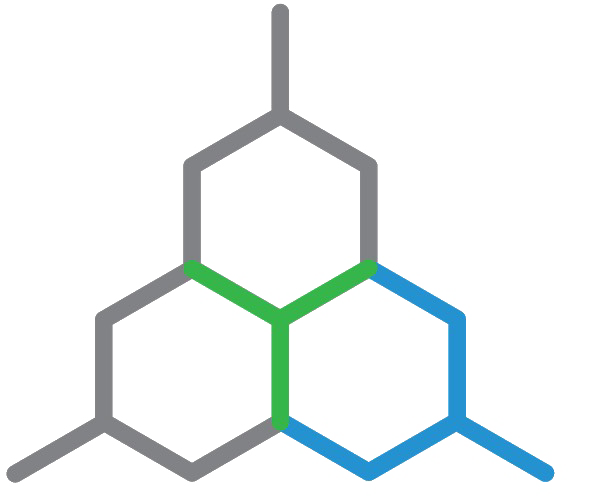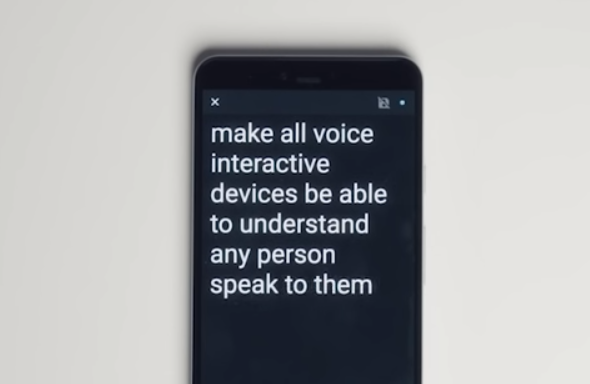Rapid Response Open Call Winner to Pilot with Brigham and Women’s Hospital
Rose, a technology startup that provides a HIPAA-compliant mental health monitoring platform, announced a pilot program with Brigham and Women’s Hospital (BWH) Emergency Department to support healthcare professionals and their mental health during COVID-19. The pilot program was facilitated through Rose’s participation in our Rapid Response Open Call, which sought provider-facing, text based platforms to help healthcare professionals self-monitor symptoms of coronavirus, report burnout, and access helpful resources. Following a 7-day application period, where Brigham and Women’s Hospital evaluated more than 80 quality submissions, Rose was selected as a semi-finalist and demoed their technology to the BWH team.
Are you a health care provider looking to enhance your response to COVID-19? Catalyst @ Health 2.0 is continuing to hold open calls that connect providers with urgent needs to digital health solutions. APPLY here for consideration.
AI LA, in collaboration with Catalyst @ Health 2.0 (“Catalyst”) is hosting “Digital Health During a Pandemic,” a virtual event that highlights innovative health tech responding to COVID-19 using augmented intelligence. The event aims to highlight how the pandemic has affected health tech companies and their roadmaps for the future, ultimately providing the audience with clarity into COVID response in the field. The event will take place on August 20th from 12-2PM PT and will consist of a panel discussion, exciting Q&A and project demos with CA-based startups like Anchor Health, Syllable.ai, and Quantgene, and will be moderated by Catalyst’s co-founder, Indu Subaiya. Get your tickets today!
Innovaccer, Inc., a CA-based healthcare technology company, has launched a perioperative optimization solution for health systems. The solution will help optimize surgeries and ramp up volumes by identifying high-risk patients for pre-surgical intervention while also reducing the length of stay, readmissions, and cost, ultimately allowing hospitals to track their return on investment in real-time on a customizable dashboard.










